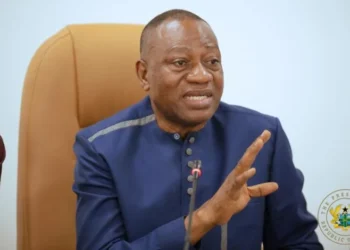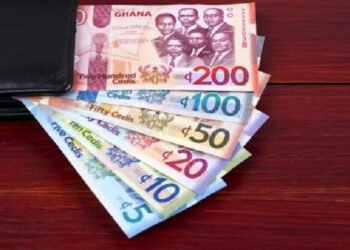Dr. Adu Owusu Sarkodie, an Economist and Executive Director of the Centre for Policy Scrutiny, has bemoaned the underestimation of the cost of the 24-Hour Economy and Accelerated Export Development Program, calling the policy drivers to review the policy’s cost for effective implementation and accountability.
Speaking in Accra, where he made a 24-Hour Economy paper presentation, he mentioned that the current US$ 4 billion cost publication by the government does not cover the full fiscal commitment to the project and this could mislead its implementation and the public.
“The overall cost of the program is likely to be underestimated. It is widely reported that the 24H+ will cost US$ 4 billion to implement, however, the 24H+ entails a wide range of fiscal commitments that extend beyond the headline cost estimate of US$ 4 billion.”
Dr. Adu Owusu Sarkodie
Knowing the full cost is essential for effective planning and appropriate financial allocations. He cautioned that reducing the cost could affect public confidence.
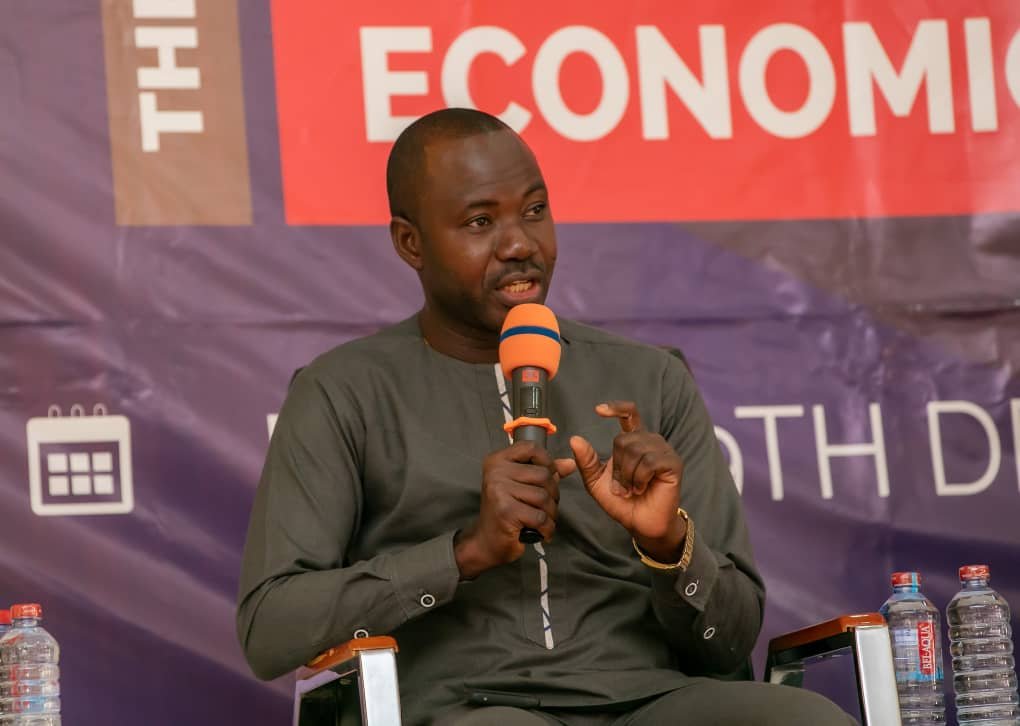
According to Dr. Sarkodie, there are significant aspects of the policy initiative that needs to be captured as well. The US$ 4 billion projection is just a part of the financial components assessed. There are both direct and indirect associated costs.
“Once these components are fully costed and appraised, the actual financial requirement of the 24H+ program is likely to significantly exceed the initial US$ 4 billion estimate.”
Dr. Adu Owusu Sarkodie
His call is to the government to provide a “transparent and comprehensive financial appraisal” adding that underestimation can “weaken the basis for informed decision-making.”
The Cost as Presented by Government
President Mahama in July launched the ambitious 24-Hour Economy initiative to solve Ghana’s unemployment challenge and enhance productivity. He mentioned that the program which will extend till 2030 will cost an amount of US$ 4 billion.
Mr. Augustus Goosie Obuodum Tanoh, Presidential Advisor on the 24-Hour Economy, also mentioned that the projected cost for implementing the policy initiative is US$ 4 billion. He further announced that both the government and the private sector have a role to play in footing the cost.
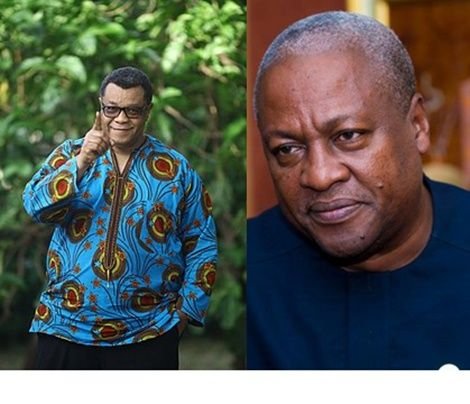
Government has already committed US$ 300 to US$ 400 million as initial requirement (about 8% of the total cost) while the remaining 92% will be raised through public-private partnerships. The private partnership is led by the Ghana Infrastructure Investment Fund. According to Mr. Tanoh, the private sector has committed almost US$ 2 billion so far.
“The initial projected cost is about $4 billion. Of that, $300 to $400 million will come from government to support the viability gap requirement, ensuring bulk infrastructure is commercially sound and attractive to private investors.”
Mr. Augustus Goosie Obuodum Tanoh
The government’s concept presentation is for the private sector investment to fuel the initiative. The government’s financial presence is in the initial funding to commence the projects and attract investors form the private sector. Beyond this, there has not been any official presentation on the cost breakdown.
As part of plans to attract the private sector, the government has created tax and regulatory incentives such as waver of import duties on key sectors that form the focus of the government in their transformative and reset agenda.
There is also corporate income tax discount for businesses that come on board the project. A 25% discount for two-shift running companies and 50% discount for three-shift running companies. There are Targeted VAT exemptions to reduce made-in-Ghana goods. There are also electricity tariff and exporters discounts as well.
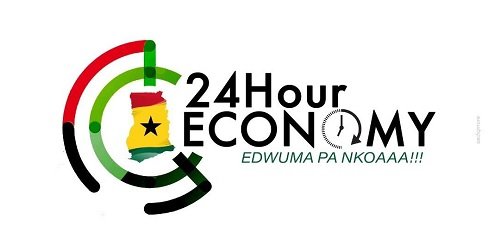
Costs to be Considered
All projects incur cost as they are implemented. This part of the project is key in planning and decision making. The economic cost of a project includes fixed, variable, direct or explicit, indirect or implicit, and sunk cost.
The fixed costs are persistent costs in the period of the project while the variable costs change over time. Direct costs constitute what has been budgeted for while indirect costs are shared among multiple projects hence usually not valued. Sunk cost are the costs incurred but did not produce any value.
The 24-Hour Economy in one way or the other incurred or will incur all these costs. For proper economic analysis of the policy initiative as Dr. Sarkodie is calling for, all these costs must be accounted for.
The downside could be that since the policy implementation is a private sector partnership with the government and more of the cost is incurred by the private sector, the government may be challenged in producing a full cost appraisal.
However, some level of transparency and openness is needed for public confidence. Hence, these costs must be indicated and addressed.
READ ALSO: Ghana’s Banking Sector Loses Nearly GH¢100m to Fraud — BoG Report Reveals





